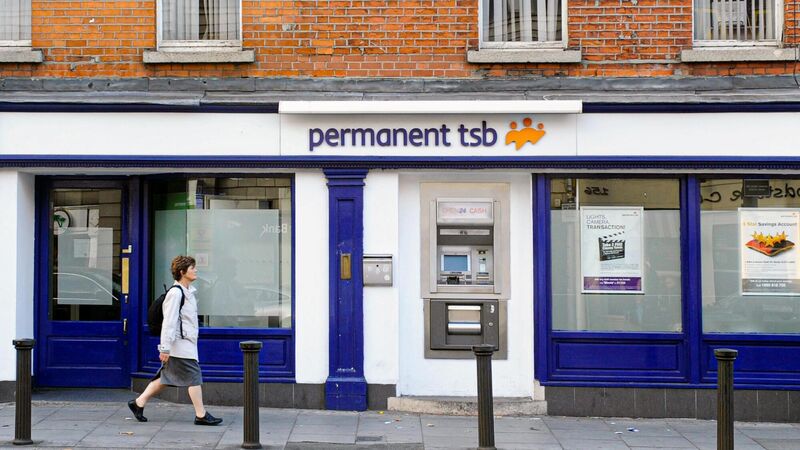Homeowners 'furious' at banks for 'profiteering' from defective blocks scandal

While struggling to finance rent, her mortgage, storage, and a loan, homeowner Donna McDade said she has faced lack of support from the banking sector, particularly from her bank, Permanent TSB.Picture: Sasko Lazarov/RollingNews.ie
Angry homeowners slammed banks for "profiteering" from the defective blocks scandal, as they are forced to take high interest rate loans to rebuild their crumbling homes.
Government has also fallen short, with serious flaws in the Enhanced Defective Blocks [redress] Scheme which was published this week, they told the Oireachtas.













